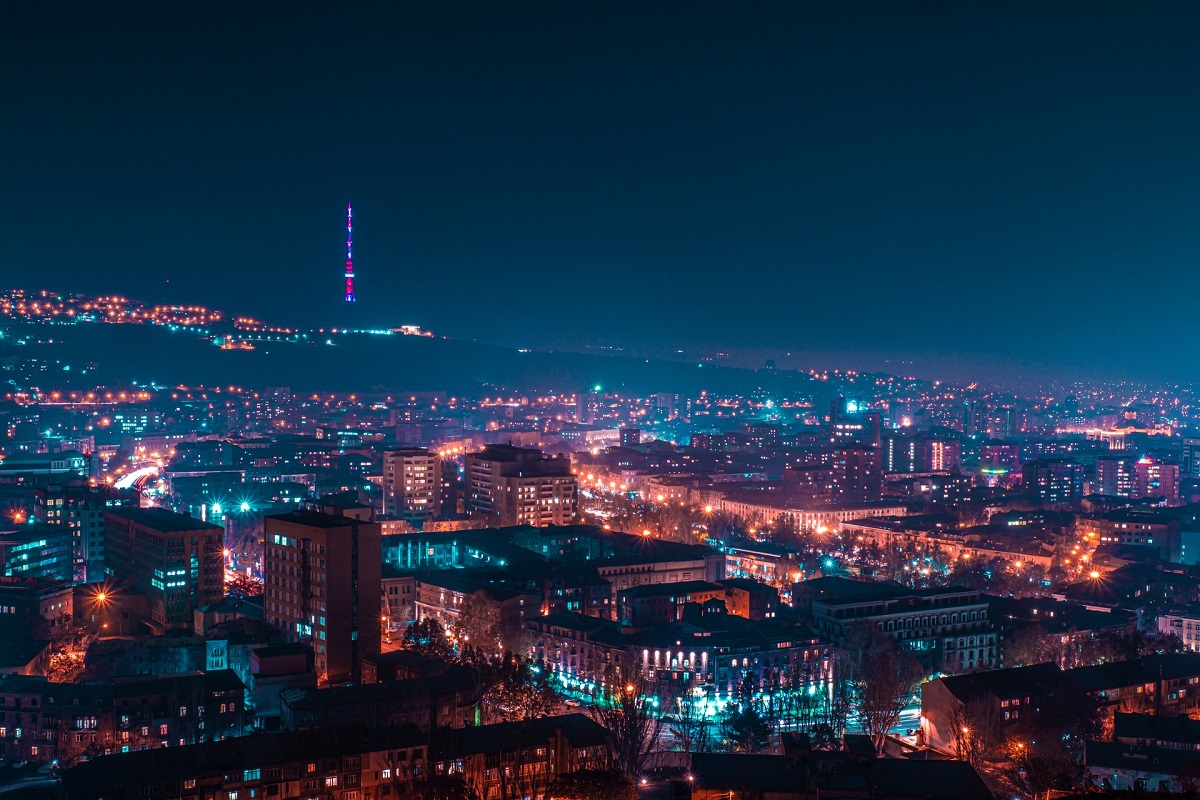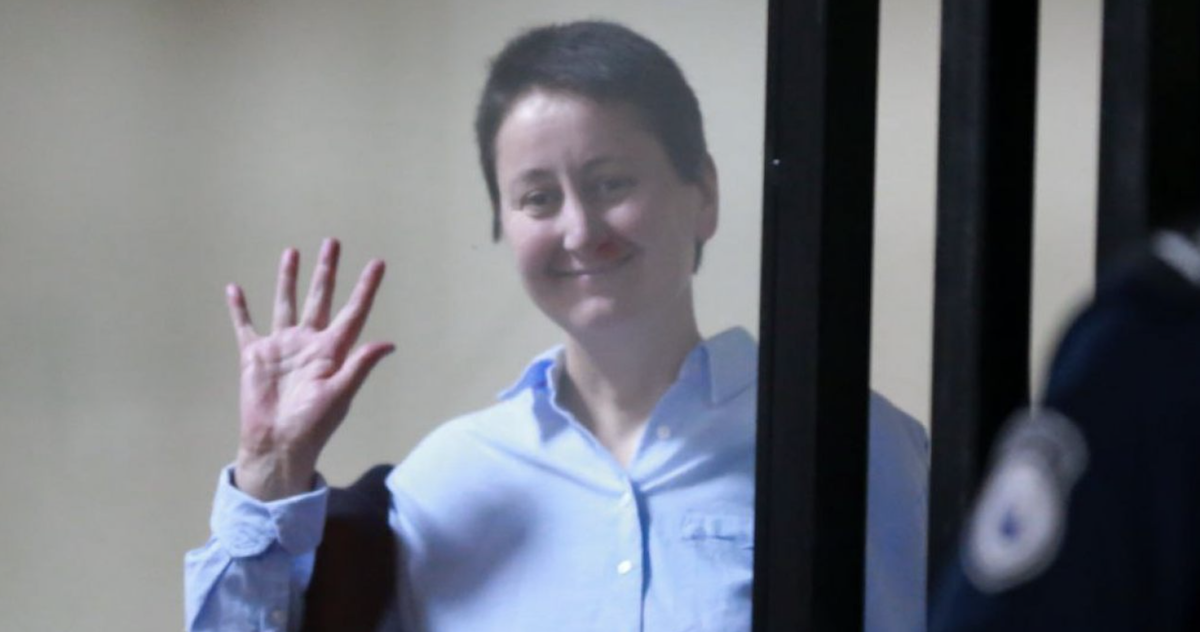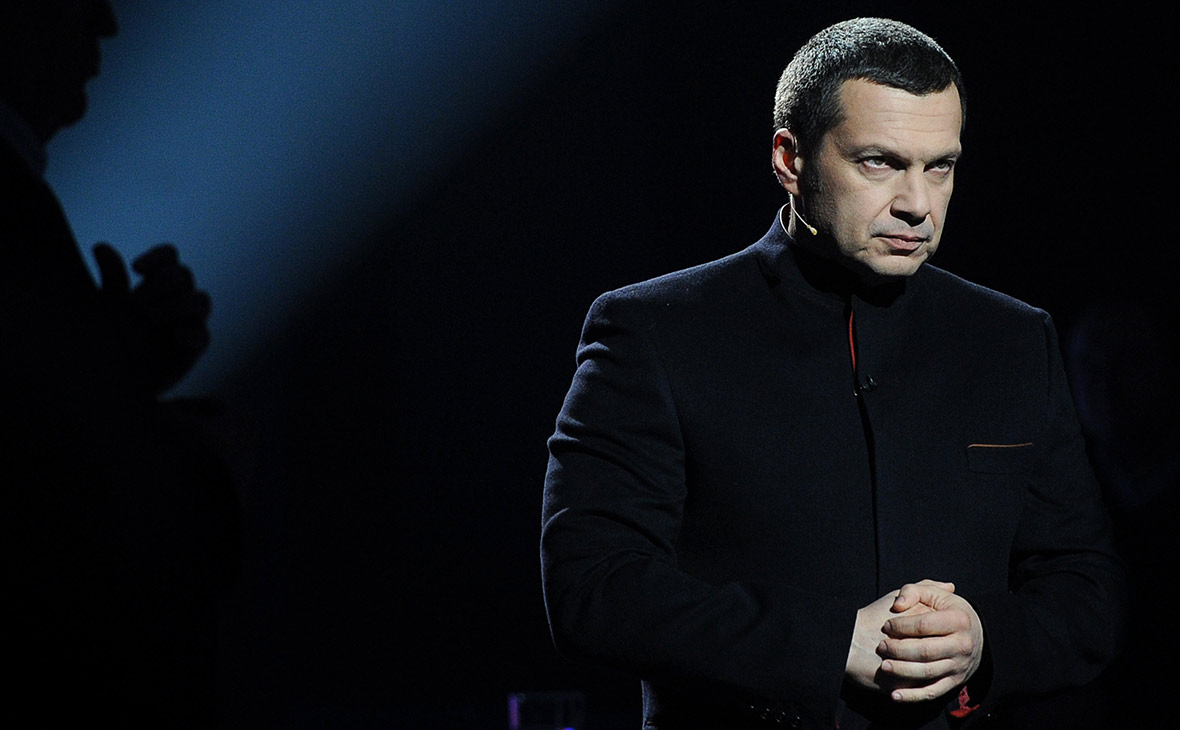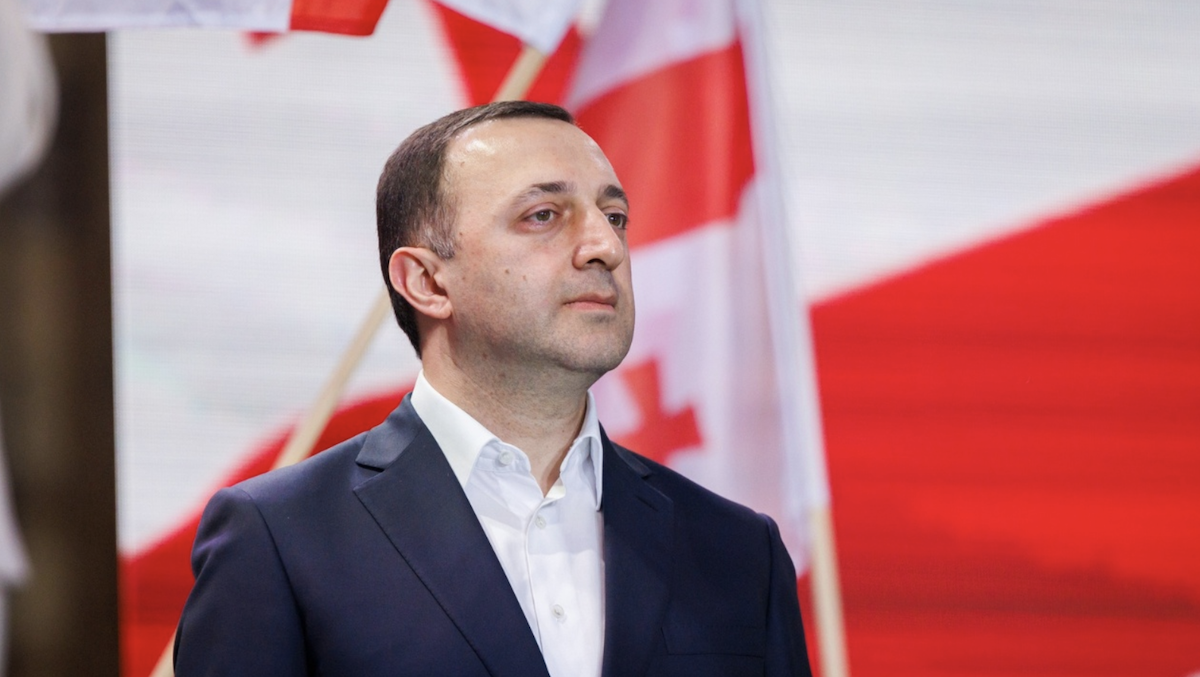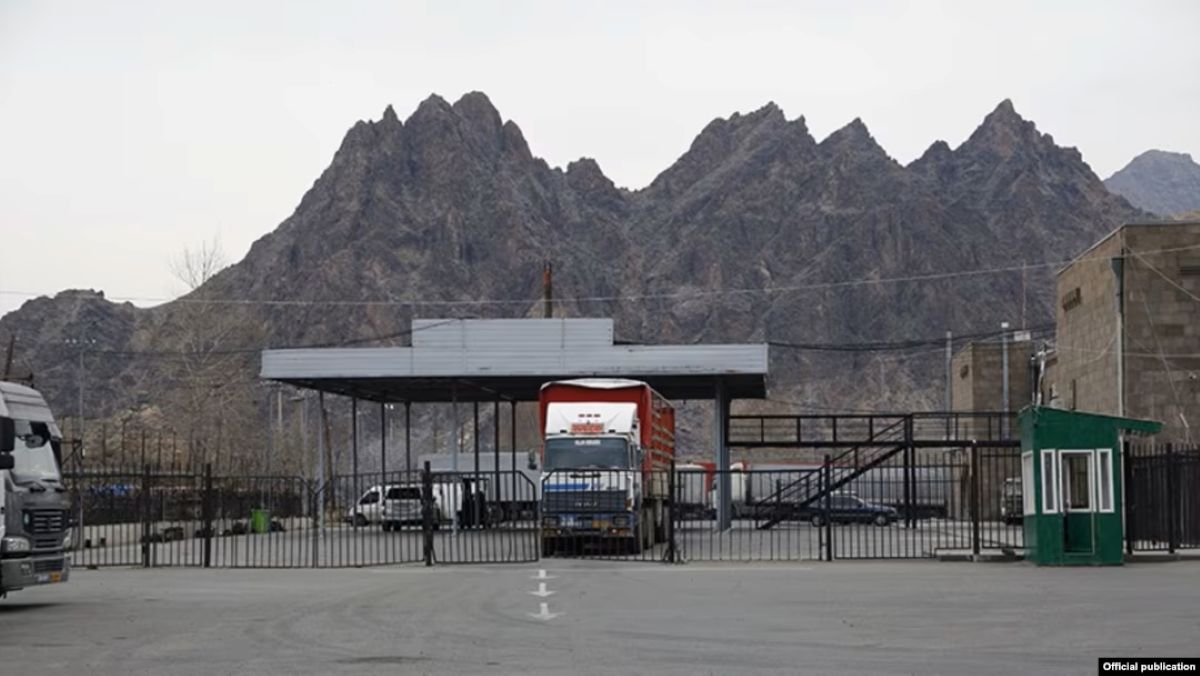European Council President in Yerevan: EU is ready for a constructive partnership
Charles Michel, President of the European Council, confirmed the EU’s readiness to provide Armenia with financial assistance in the amount of 2.6 billion euros and the intention to be more actively involved in solving the problems of the South Caucasus.
“We are by your side and we reaffirm the EU’s readiness to be a constructive partner in solving problematic issues and promoting democratic values. The EU is ready to assist Armenia in its key priorities – infrastructures, digital agenda, climate, transport, democratic reforms. The EU wants to strengthen ties with the countries of the region and carry out work to prepare for the Eastern Partnership summit”, Michel said at a joint briefing with the acting Prime Minister of Armenia Nikol Pashinyan.
Europe’s intentions
The Head of the European Council reaffirmed the EU’s intention to be a “loyal and constructive partner” of Armenia and added that in order to do this, the EU would provide Armenia with substantial financial assistance.
These funds will be used to implement 7 programs to establish a strong economy in Armenia, create new jobs and develop communications, in particular, construct the North-South transport corridor – the largest transport project in independent Armenia.
Charles Michel also spoke of his readiness to contribute to the establishment of stability in the region.
He presented four points that, in his opinion, should be discussed by the authorities of Armenia and Azerbaijan and which can become the basis for overcoming the conflict between the countries in the short, medium and long term:
- Restrained rhetoric – no aggression,
- Delimitation of borders,
- Discussion of possible cooperation – in the transport sector and others, where regional projects that contribute to economic growth are possible,
- Discussion of the status of Nagorno-Karabakh and peace in the region.
On the latter issue, the EU is ready to assist Yerevan and Baku within the framework of the OSCE Minsk Group.
“We hope that it will be possible to resolve the issue of prisoners [talking about Armenian prisoners, whom Azerbaijan continues to hold in detention after the end of the war], minefield maps, demarcation and delimitation of borders. We hope that it will be possible through negotiations to resolve the issue of the withdrawal of troops from the disputed territories in order to start discussions on cooperation and transport communications, which will contribute to economic development. Peace talks are important. […] Tomorrow [July 18] I have a meeting with the President of Azerbaijan. Let’s see what a positive, constructive role the EU can play”.
The head of the European Council recalled that the entire history of the European Union is based on overcoming conflicts by means of “mutual trust and cooperation”. Charles Michel believes that “political will is important” to overcome conflicts.
PM Pashinyan’s response
In response, acting Prime Minister of Armenia spoke about the conflict with Azerbaijan and commented on the ongoing developments. In particular, he stated that the Armenian side has information that the Azerbaijani authorities intend to provoke new clashes in Karabakh and on the border with Armenia. The latest incidents on the Nakhichevan section of the Armenian-Azerbaijani border serve as proof of Baku’s aggressive intentions, PAshinyan said.
- Op-ed: Azerbaijan is hoping to disrupt Armenia’s plans
- Armenian soldier killed on border with Azerbaijan
According to Pashinyan, it is precisely such incidents that do not allow starting the process of delimitation and demarcation of borders. He also recalled that the units of the Armed Forces of Azerbaijan are still in the sovereign territory of Armenia having crossed the border and established themselves there since May 12. In this regard, Pashinyan said that Azerbaijan has territorial claims to most of its neighbors:
“It’s not just Armenia. Now they are talking about Western Azerbaijan, I don’t know, they have South Azerbaijan, they have North-West Azerbaijan, and so on. The list of Azerbaijan is very wide, and I believe that this is a threat not only to the security of Armenia, but to the entire region.
This is not a matter of just political rhetoric, when we study what is taught in Azerbaijani schools, we see that this aggressive policy towards neighbors is directed not only towards Armenia, but towards the majority of Azerbaijan’s neighbors”.
Pashinyan accused the Azerbaijani authorities of refusing to provide a corridor for the use of the Armenia-Georgia-Azerbaijan-Russia railway, although this is presupposed under a trilateral document signed with the mediation of Russia.
Yet, according to Pashinyan, Armenia will consistently work towards unblocking regional communications, restoring previously existing routes. As for the Karabakh conflict, the prime minister said that “the use of force and mass crimes” cannot solve it, the settlement will only be possible only through negotiations within the framework of the OSCE Minsk Group.
Pashinyan recalled the statement made by the Minsk Group co-chairs back in April, urging to start political dialogue and negotiations at the earliest opportunity:
“I have already publicly welcomed this statement several times, stressing that Armenia is ready to resume negotiations. However, Azerbaijan did not react in any way”.
How will the EU assistance be spent?
Speaking about the EU financial assistance, Pashinyan listed an incomplete list of those areas for which this amount will be spent:
- Supporting small and medium-sized businesses,
- Strengthening of the southern region of Armenia – Syunik, bordering with Azerbaijan,
- Developing infrastructures (resolving of issues related to water supply, access to fields and pastures),
- Constructing reservoirs,
- Carrying out reforms in the field of education, construction of schools and kindergartens,
- Digitalizing science,
- Developing tourism,
- Implementing the reform package of Yerevan – “Green Yerevan” and “Smart Managed City”, involving traffic management with the help of artificial intelligence, restoration of the metro.
Pashinyan also listed the implementation of the North-South transport project, for the construction of which the EU will provide 600 million euros. From the north, the highway will connect Armenia with Georgia and through it will provide access to the Black Sea and European countries. From the south, the highway will connect the country with Iran. As a result of this project, Armenia may become a transit country.
This highway began to be built in Armenia in 2012. In 2019, the road was planned to be fully completed and put into operation, but so far about 20% of the highway has been built – and, according to experts, those were only the lightest sections of the road.
Pashinyan said that a tender will soon be announced for the construction of sections of the Agarak-Sisian highway, which is a difficult section of the road with tunnels and bridges.










